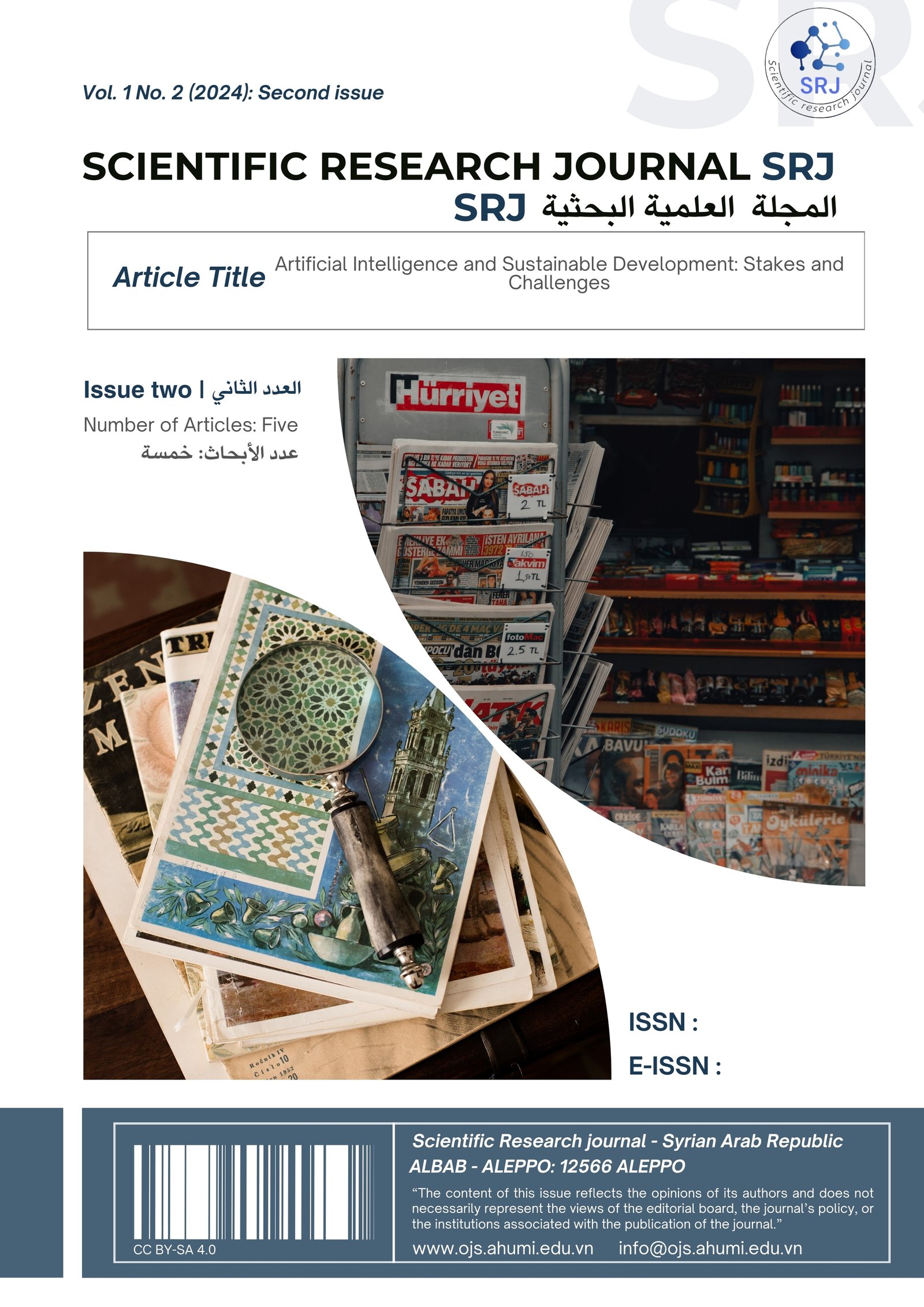Employing Artificial Intelligence Tools in Shariah Research: Opportunities and Challenges
Keywords:
Artificial Intelligence, Artificial Intelligence generative, Shariah researchAbstract
This study aims to evaluate the current state of using artificial intelligence tools (e.g., ChatGPT, Gemini, Quillbot, and Qalam) in shariah research, identify the opportunities and challenges facing their employment, and provide recommendations to enhance their use in this field. The study adopted a descriptive analytical methodology and collected data through a questionnaire that included 40 doctoral students in Islamic Studies at Mohammed First University in Oujda. The study revealed several findings, most notably: (a) a significant gap in awareness of the importance of employing artificial intelligence tools and their potential in shariah research among a substantial portion of the study sample. (b) A large percentage of PhD students refrain from using these tools in their scientific research, despite the opportunities they provide, such as saving time and effort in research, easy access to information, improving the quality of scientific research, and opening new horizons for shariah research. (c) There are several challenges that hinder the use of these tools in shariah research, including a lack of technical skills among researchers, a lack of funding to support research in this field, and concern about the accuracy of the information provided by these tools.The study concluded with a set of recommendations, including: (a) developing specialized artificial intelligence tools for shariah research through collaboration between AI experts and specialists in the field. (b) raising awareness of these tools and their potential in Islamic studies. (c) organizing training courses to instruct researchers on the use of these tools and providing funding to support research in the area of employing these tools in shariah research.
Downloads
Downloads
Published
Issue
Section
License
Copyright (c) 2024 Scientific research journal

This work is licensed under a Creative Commons Attribution 4.0 International License.
“The content of this issue reflects the opinions of its authors and does not necessarily represent the views of the editorial board, the journal’s policy, or the institutions associated with the publication of the journal.”
— Editor-in-Chief




